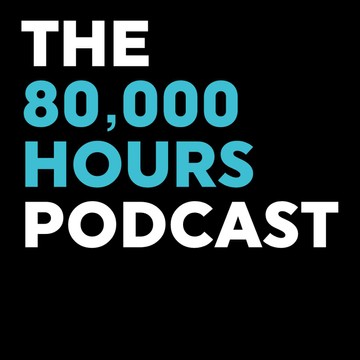
Chris Olah
Co-founder of Anthropic, known for his work in AI interpretability and research. Previously worked at Google Brain and OpenAI.
Top 3 podcasts with Chris Olah
Ranked by the Snipd community

6,898 snips
Nov 11, 2024 • 5h 22min
#452 – Dario Amodei: Anthropic CEO on Claude, AGI & the Future of AI & Humanity
Dario Amodei, CEO of Anthropic, discusses the groundbreaking AI model Claude, alongside Amanda Askell and Chris Olah, both researchers at Anthropic. They dive into the ethical dimensions of AI, emphasizing responsibility in innovation and safety. The conversation also explores the intricacies of building AI personalities, the challenges of mechanistic interpretability, and the future of integrating AI into society. They discuss the delicate balance between AI capabilities and human values, positioning AI as a partner rather than a competitor.

86 snips
Aug 4, 2021 • 3h 9min
#107 – Chris Olah on what the hell is going on inside neural networks
In this engaging discussion, Chris Olah, a machine learning researcher known for his work on neural network interpretability, shares his insights into the complex world of AI. He breaks down how massive models can outperform humans in tasks ranging from diagnosing diseases to writing essays. The conversation delves into pressing issues like AI safety, bias in neural networks, and the emerging concept of 'emotion neurons.' Olah emphasizes the need for better interpretability tools and collaborative efforts to ensure responsible AI development.

25 snips
Aug 11, 2021 • 1h 33min
#108 – Chris Olah on working at top AI labs without an undergrad degree
Chris Olah, a renowned machine learning researcher known for his work at Google Brain and OpenAI, shares his unconventional journey in the AI field without traditional degrees. He discusses how pursuing passion over credentials can challenge societal norms and reshape educational paths. Topics include the importance of mentorship, the value of clear communication in complex subjects, and innovative strategies for research success. Olah also reflects on personal experiences that blend activism, education, and self-directed learning.


